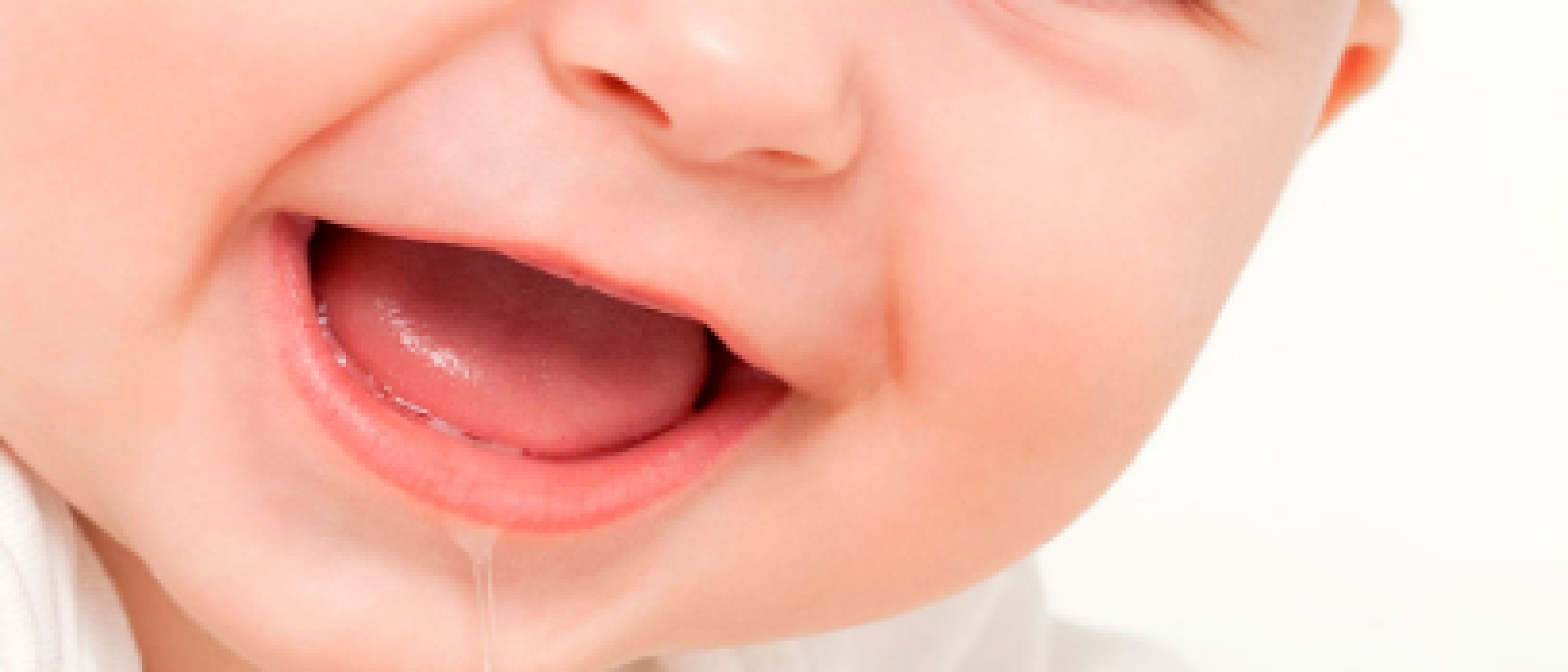Saliva - Your Mouth’s Secret Superpower!
Posted on October 14, 2024 • 4 min read • 698 words
Have you ever wondered what the watery liquid your mouth produces actually does? Plenty, as it turns out! Read on to know what saliva is and the many roles it plays in ensuring the health and comfort of your oral cavity.
Saliva is a clear liquid present in the mouth that is produced by the salivary glands. It comprises 99% water, plus proteins, mineral salts, mucus and enzymes.
Some of the important functions of saliva are:
It helps you taste your food.
Interestingly, without saliva you would not be able to taste your food. The molecules in the food must dissolve in saliva before your tastebuds on your tongue can react to the taste. A protein called gustin present in saliva makes it possible for you to enjoy the taste of your meal.
Saliva reduces bad breath.
Have you noticed how your breath smells bad when you wake up in the morning (called “morning breath”) but it goes away once you’ve been awake for a while, even if you haven’t brushed after waking up? That’s because saliva flow is the least at night, allowing bacterial activity to build up. Once you’re up, saliva flow is stimulated, and a powerful antibacterial agent in saliva called lysozyme reduces the bacterial count, causing the morning breath to fade away.
Saliva helps reduce your risk of cavities and gum disease.
A thin film of saliva covers your teeth and gums, buffering them against bacteria, while antimicrobial agents in saliva kill disease-producing bacteria. Saliva also dilutes and eliminates sugar in the mouth, thereby greatly reducing its access to bacteria. Importantly, calcium and phosphate ions in saliva remineralise any areas of demineralisation caused by bacterial acid attack.
Saliva protects against oral infectious diseases.
Saliva has a naturally cleansing role because it contains antibodies, enzymes and antimicrobial proteins. It limits the growth of bacteria, thereby maintaining oral and overall health. Additionally, glycans- which are tiny molecules found in saliva- keep fungal infections at bay.
Saliva keeps your mouth and throat lubricated and comfortable.
Saliva contains a protein called mucin which has a lubricating, wetting and softening effect. It protects the oral tissues, and allows you to chew, swallow and speak comfortably. Due to its lubricating nature, it also prevents the mouth from drying out. Saliva moistens food, making it easier to swallow. Dry food is a lot harder to swallow than foods that contain moisture (think dry cereal versus cereal with milk). Since saliva is 99% water, it covers the surface of the food and compacts it into softened particles for easier swallowing.
It aids in digestion.
Saliva contains multiple enzymes that help break down food into simpler components, thereby aiding digestion. For example, amylase is an enzyme that helps break down complex carbohydrates in food. This is why, when you chew bread, it starts to taste sweet after a while.
It enables you to speak clearly.
When you talk, your lips and tongue move in ways that depend on having moisture in the mouth. Saliva keeps the mouth and throat moist, which is required for clear speech and a healthy voice. Without saliva, the mouth becomes dry, leading to speech that is slurred and indistinct. That’s why people who speak in public often have a bottle of water handy.
To summarise:
Saliva helps you enjoy the taste of your food.
Enables you to swallow comfortably.
Makes sure you can speak clearly.
Helps ensure fresh breath.
Aids in the digestion of your food.
Keeps your mouth safe from cavities and gum diseases.
Plays a vital role in your overall health!
Did you know?
Fun facts about saliva:
We produce 1-2 litres of saliva per day
Saliva is a natural painkiller
The rate of saliva production changes with your posture
Saliva flow reduces when you’re scared or nervous
Your saliva contains your entire genetic blueprint
If you’d like to know more about how your saliva is responsible for your dental health and how best to maintain your oral cavity in good shape, please get in touch with us and we’ll be happy to help!